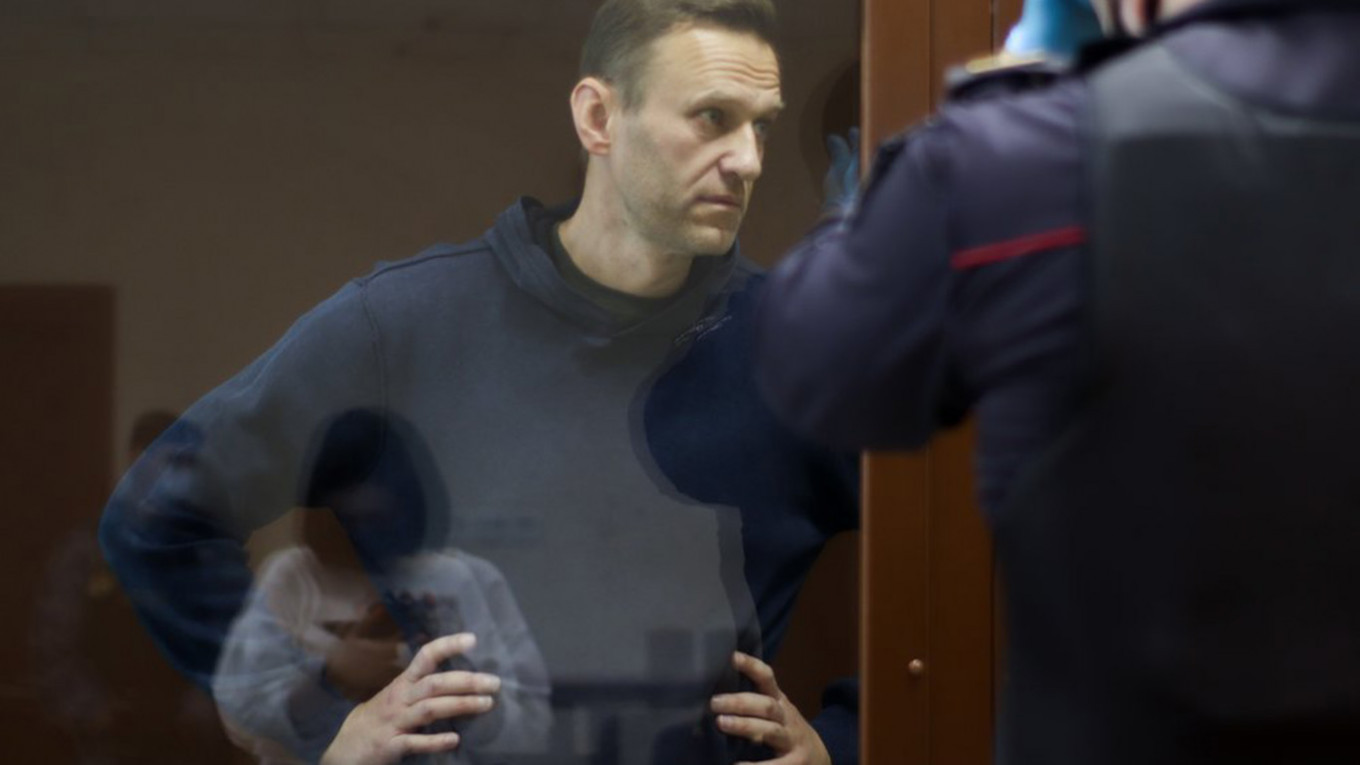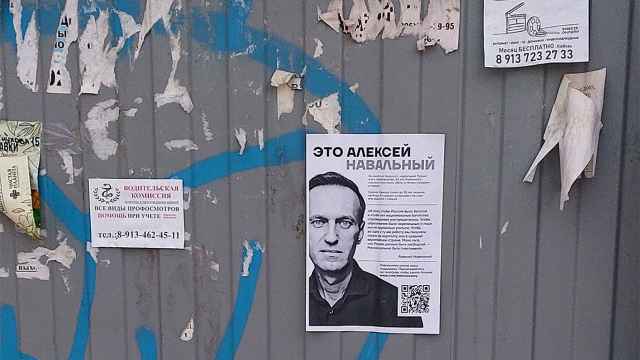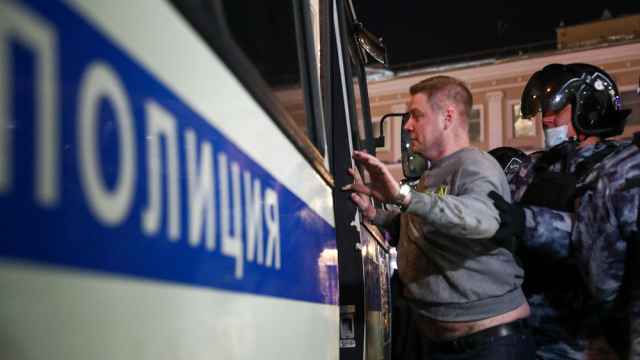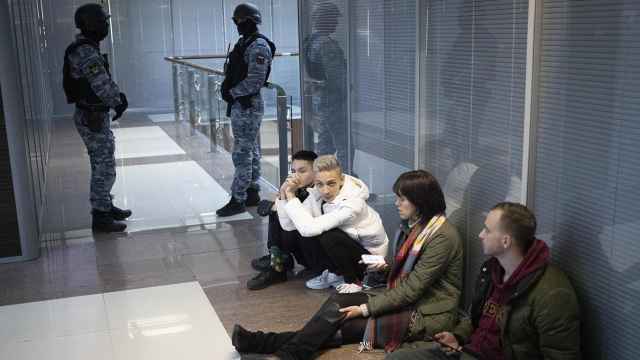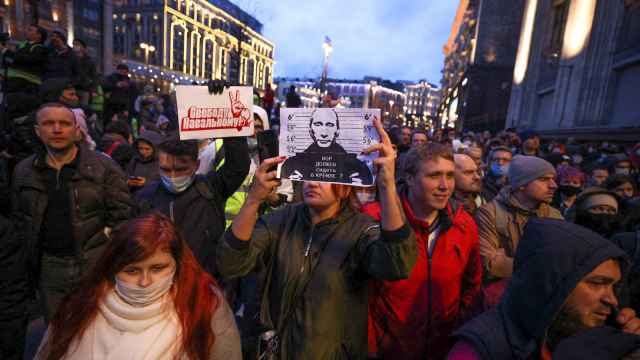Update: Russia's Federal Penitentiary Service (FSIN) told Interfax on Thursday that prison doctors have assessed Navalny's condition as "stable and satisfactory" following a medical examination.
Alexei Navalny’s health is “deteriorating” in prison and his lawyers weren't allowed access to him for their latest scheduled meeting, the jailed Kremlin critic’s aides said Wednesday, warning that his life may be in danger.
Navalny, who was moved to a prison colony east of Moscow this month, started complaining of severe back pain and numbness in his leg late last week, Navalny’s regional network coordinator Leonid Volkov wrote on Telegram. According to Volkov, Navalny was unable to step on his leg and was only given two ibuprofen pills for the pain.
“We believe that he may now be in the prison hospital and the IK-2 [prison] administration may be trying to hide this fact,” Volkov said.
Often described as one of Russia’s harshest prisons, IK-2 is notorious for psychological isolation and strict living conditions.
Volkov added that Navalny's lawyers were not allowed by prison staff to meet with him at their scheduled time on Wednesday.
“Under the circumstances known to us, a sharp deterioration in his health cannot cause anything but extreme concern,” he wrote.
Maria Pevchikh, the head of investigations at Navalny's Anti-Corruption Foundation, tweeted that “We believe that Navalny's life is in danger and demand immediate access to him for his lawyers.”
Navalny, 44, was sentenced to two and a half years in a penal colony last month for violating parole while recovering from a near-fatal poisoning in Germany.
European countries and the global chemical weapons watchdog determined that Navalny had been poisoned with a form of Novichok, a Soviet-designed, military-grade nerve agent, last August. Navalny accuses Russia’s security services of attempting to assassinate him on President Vladimir Putin’s orders, a claim the Kremlin denies.
The Kremlin critic’s jailing upon his return to Russia sparked a wave of nationwide protests in January and February, during which over 10,000 people were detained.
Navalny’s allies announced Tuesday that they plan to stage new protests once they gather half a million signatures of people who plan to attend.
A Message from The Moscow Times:
Dear readers,
We are facing unprecedented challenges. Russia's Prosecutor General's Office has designated The Moscow Times as an "undesirable" organization, criminalizing our work and putting our staff at risk of prosecution. This follows our earlier unjust labeling as a "foreign agent."
These actions are direct attempts to silence independent journalism in Russia. The authorities claim our work "discredits the decisions of the Russian leadership." We see things differently: we strive to provide accurate, unbiased reporting on Russia.
We, the journalists of The Moscow Times, refuse to be silenced. But to continue our work, we need your help.
Your support, no matter how small, makes a world of difference. If you can, please support us monthly starting from just $2. It's quick to set up, and every contribution makes a significant impact.
By supporting The Moscow Times, you're defending open, independent journalism in the face of repression. Thank you for standing with us.
Remind me later.


